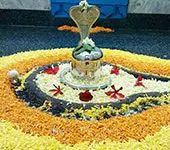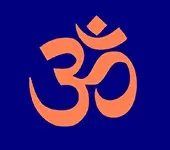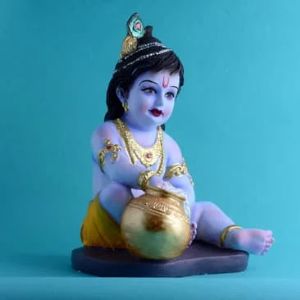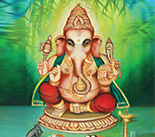Recommended for you
Can idol of Lord Shiva be worshiped or only Shivalinga?
 Click here to know more..
Click here to know more..
Importance of Hreem- the shakti beejakshara
 Click here to know more..
Click here to know more..
Krishna Kamalaksha Song

kri'shna kamalaaksha kalaye tvaam kamalesha kri'shna rahitaaptataapasavri'ndamaanasanivesha....
Click here to know more..
English Topics
Ganapathy
Click on any topic to open
- 54 The Power of Ganesha Shadakshara Mantra
- 53 A Prayer To Lord Ganesha
- 52 Lord Ganesh And Yoga
- 51 Story of Brahma Cursing His Own Son Narada
- 50 Ganesha Helps Brahma To Create The World
- 49 Why Are Lakshmi And Ganesh Worshiped Together?
- 48 Lord Ganesha Blesses Kardama
- 47 The Ideal Way To Observe Vinayaka Chaturthi Vrata
- 46 You Can Worship A Ganesha Devotee Instead Of Lord Ganesha Himself
- 45 Do You Know Why Parvathy Devi Performed Ganesha Puja?
Please wait while the audio list loads..
30
Ganapathy
Shiva
Hanuman
Devi
Vishnu Sahasranama
Mahabharatam
Practical Wisdom
Yoga Vasishta
Vedas
Rituals
Rare Topics
Devi Mahatmyam
Glory of Venkatesha
Shani Mahatmya
Story of Sri Yantra
Rudram Explained
Atharva Sheersha
Sri Suktam
Kathopanishad
Ramayana
Mystique
Mantra Shastra
Bharat Matha
Bhagavatam
Astrology
Temples
Spiritual books
Purana Stories
Festivals
Sages and Saints
26
15
13
Copyright © 2024 | Vedadhara | All Rights Reserved. | Designed & Developed by Claps and Whistles
